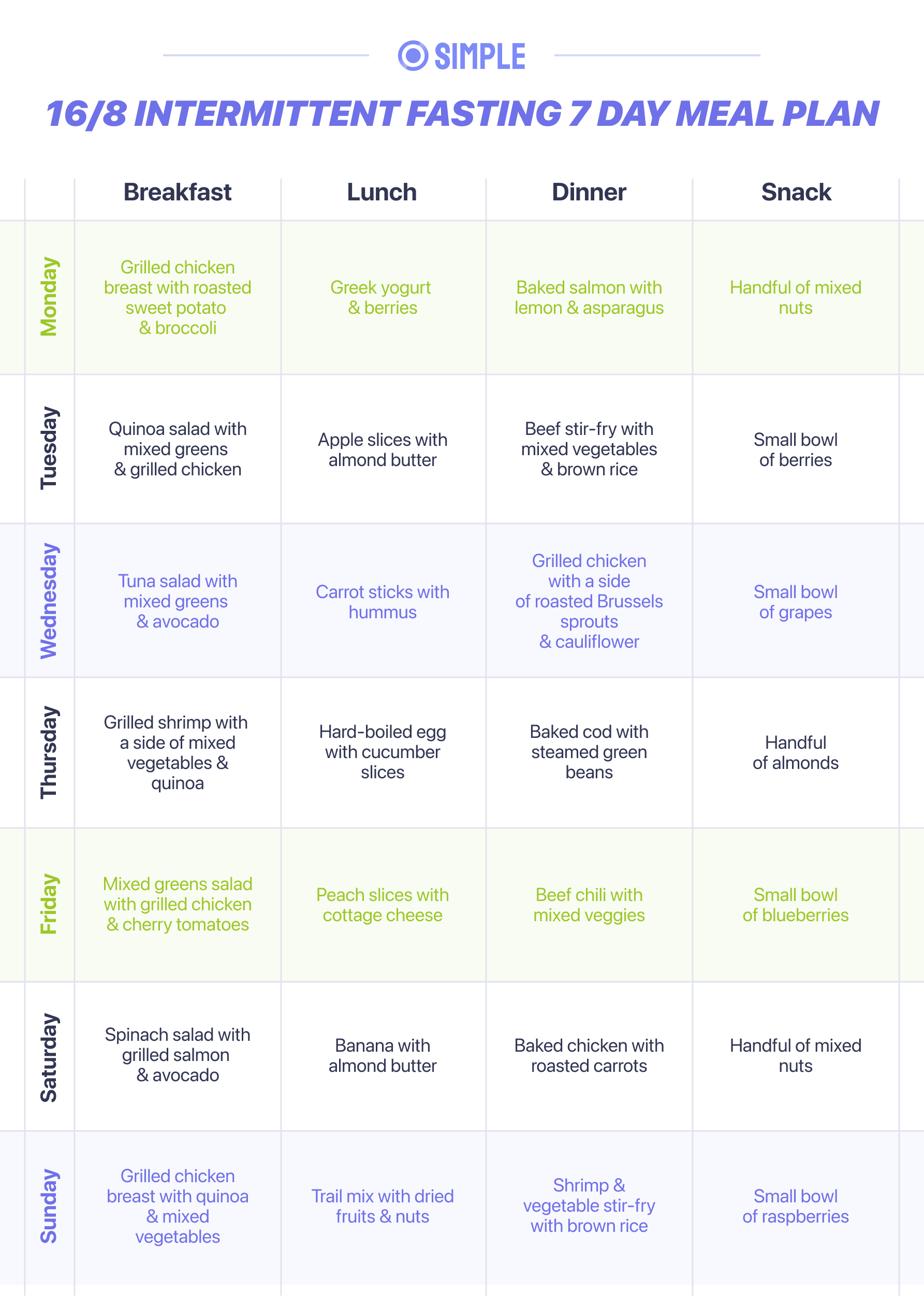In the search for an ideal eating plan often feels daunting. Given countless options to choose from, with each claiming specialized benefits, it can become challenging to find the right fit for your personal needs. From weight loss plans to those promoting heart health or muscle building, the world of diets is diverse and multifaceted. In the following sections, we will explore ten innovative diets that you haven't thought about yet, diving into what sets them apart and how they may be advantageous for you.
If you're looking lower inflammation, manage blood sugar levels, or adopt a more sustainable eating approach, there's a diet available designed for your lifestyle. We'll cover everything from trendy choices like the flexitarian and uncooked food diets to targeted programs designed for unique health conditions. Ultimately, you'll not only be more informed about these diets but also insights into which one might fit perfectly with your health journey.
Overview of Well-Known Dietary Plans
The practice of dieting has evolved into a vast landscape of choices, appealing to diverse tastes and goals. Among the most famous is the Mediterranean diet , commended by healthcare professionals for its heart-healthy elements. This diet emphasizes integral foods, including fresh fruits, fresh vegetables, whole grains, nuts, and nutrient-rich fats like olive oil. It supports lean protein sources such as seafood and chicken while limiting beef and processed foods, making it a sustainable lifestyle choice rather than a restrictive eating program.
Another prevalent diet is the ketogenic diet, which transitions the body into a state of ketogenic state by drastically cutting down on carb intake and increasing fats. This method can lead to significant weight loss and enhanced energy levels for certain individuals, but it may not be appropriate for everyone. The Paleolithic diet emphasizes eating like our ancestors did so, emphasizing unprocessed foods and excluding grain products, dairy products, and beans. This diet attracts those seeking a natural approach to better nutrition.
The practice of intermittent fasting has increased traction as a versatile eating regimen rather than a conventional diet. This technique involves alternating between periods of consuming food and abstaining from food, allowing multiple approaches that can fit different lifestyles. It may help improve metabolic health and support weight loss, but results can differ greatly among people. These popular diets each offer unique benefits and challenges, encouraging individuals to explore what suits best their health goals and lifestyle preferences.
Understanding Custom Dietary Plans
Tailored diets are designed to serve to particular health needs or lifestyle choices, offering tailored nutritional approaches that contrast from mainstream diets. These dietary plans can range from medical dietary interventions, such as the wheat-free diet for individuals with celiac disease or the renal diet for people with kidney issues, to lifestyle-oriented plans, like the FODMAP diet, which helps control symptoms of irritable bowel syndrome. Opting for a specialized diet often requires close collaboration with healthcare providers to ensure that nutritional needs are met while addressing specific health concerns.
An additional unique category falls under specialty diets that are developed to promote ethical eating or sustainability. The plant-forward diet, for example, encourages plant-based meals without entirely banning meat, attractive to those seeking to reduce their animal consumption for health or environmental reasons. Likewise, the raw food diet focuses on natural and fresh foods, emphasizing fresh fruits and vegetables, which can match with those wanting to eat more naturally. Understanding the motivations behind these diets can help clients choose an approach that fits with their personal values and health priorities.

Finally, the design and implementation of specialized diets demand careful consideration of individual needs and goals. It is important to recognize that while these diets can offer significant benefits, they also come with potential drawbacks. Excessively restrictive eating patterns might lead to nutritional deficiencies or unhealthy eating habits. Therefore, it’s essential to strike a balance between the specific dietary guidelines and overall nutrition, ensuring that any adopted specialized diet contributes positively to one’s health and lifestyle.
Selecting the Right Diet for You
Determining the best diet is a personal journey that should represent your personal lifestyle, health needs, and fitness goals. Start by considering what you want to achieve—regardless of whether it's weight loss, muscle gain, or overall health enhancement. Consider your daily routine, food preferences, and any dietary restrictions you may have. This reflection will help you narrow down the options that mesh seamlessly into your life.
Explore different diets to understand their underlying concepts and potential advantages. For instance, if you're interested in a balanced approach, the Mediterranean diet may serve you well, while those wanting quick results might explore the keto diet. Note to weigh the pros and cons of each plan, as some may be more sustainable than the rest in the long run. It's important to choose a diet that is not only efficient but also pleasurable and feasible for you to adhere to.
To wrap up, don't hesitate to consult a healthcare professional or nutritionist who can provide personalized advice tailored to your specific needs. They can help you navigate popular and trendy diets, ensuring you make wise decisions based on your health condition and lifestyle. The appropriate choice should allow you to not only reach your goals but also maintain a healthy relationship with food.
